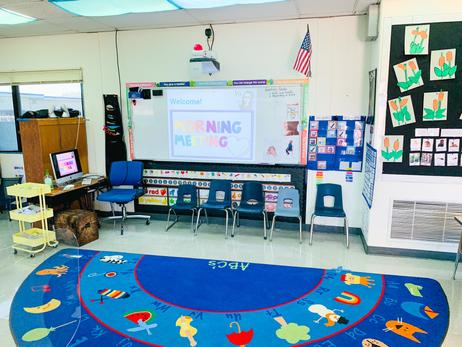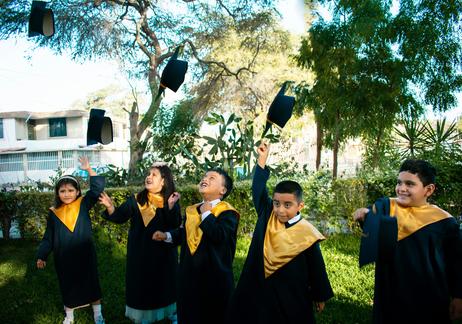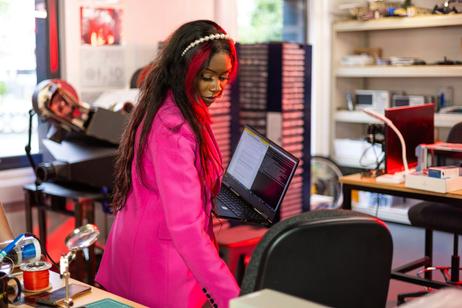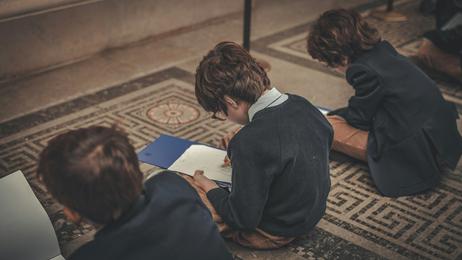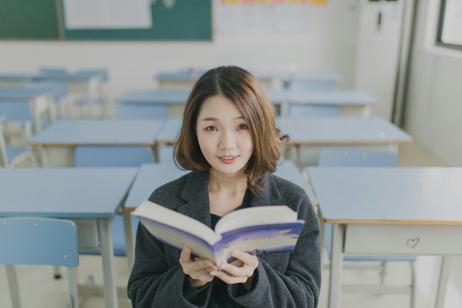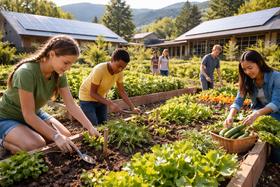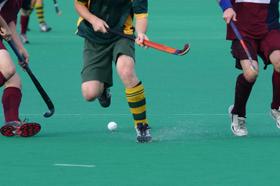How Private Schools Support Students with Learning Differences
Private schools increasingly recognize that “one size fits all” instruction leaves many learners behind. Students with dyslexia, ADHD, dysgraphia, executive function challenges, or other learning differences need tailored support structures. In 2025, many private schools are adopting research-based practices, flexible resourcing, and inclusive policies that help students with learning differences not only survive, but thrive.
Why private schools can excel at supporting learning differences
Private schools often have structural advantages in delivering individualized support:
Smaller class sizes and lower student-teacher ratios, which allow for more personalized instruction.
Greater flexibility in curriculum and scheduling, enabling schools to adapt programming to student needs.
Independent governance, giving schools agility to adopt specialized models quickly.
Access to additional resources, such as specialists, assistive technology, and training budgets.
These strengths provide a strong foundation, but impact depends on how intentionally a school designs its learning support system.
Core Elements of Effective Support
1.Early identification and assessment
Many private schools partner with educational psychologists or specialists to assess students and create Individualized Support Plans (ISPs). These guide instruction and track progress with measurable goals.
2. Structured, evidence-based instruction
Leading schools adopt instructional models grounded in research. Structured literacy programs, such as Orton-Gillingham, remain the gold standard for dyslexia. The Association of LD

